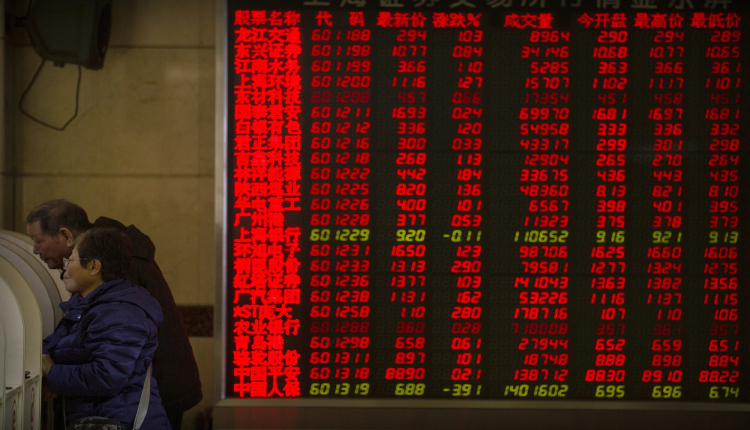Asian stock markets started the new year on a weak note Thursday, struggling for momentum after a volatile end to 2024. The US dollar remained steady, and investor sentiment was cautious ahead of the new US presidential administration.
The start of 2025 appears less promising for equities, with uncertainty surrounding the policies of the incoming US President and a more hawkish Federal Reserve expected to dominate market discussions.
MSCI’s broadest index of Asia-Pacific shares outside Japan fell 1.2 per cent in December. The index was down 0.58 per cent during Thursday’s Asian session, with trading volumes thin due to a Japanese market holiday.
Chinese stocks faced significant losses, with the CSI300 blue-chip index down 2.65 per cent and the Shanghai Composite Index losing 2.36 per cent. Hong Kong’s Hang Seng Index slid 2.15 per cent.
Investors are closely watching China’s economic recovery in 2025 after officials pledged several support measures to boost growth. However, the potential for tariffs exceeding 60 per cent on Chinese imports could create a substantial headwind.
Elsewhere in the region, South Korea’s KOSPI remained flat. The index was Asia’s worst performer in 2024, with a decline of over 22 per cent in dollar terms, partly due to a deepening political crisis.
The dollar increased 0.14 per cent, trading at 157.18 yen, pushing the Japanese currency towards a five-month low. The euro ticked 0.08 per cent higher to $1.03615 but remained close to a one-month low.
Oil prices increased on Thursday, with Brent crude futures rising 0.25 per cent to $74.83 a barrel and US West Texas Intermediate crude gaining 0.28 per cent to $71.92. Spot gold traded 0.34 per cent higher at $2,632.68 an ounce.
Subediting: Y.Yasser


